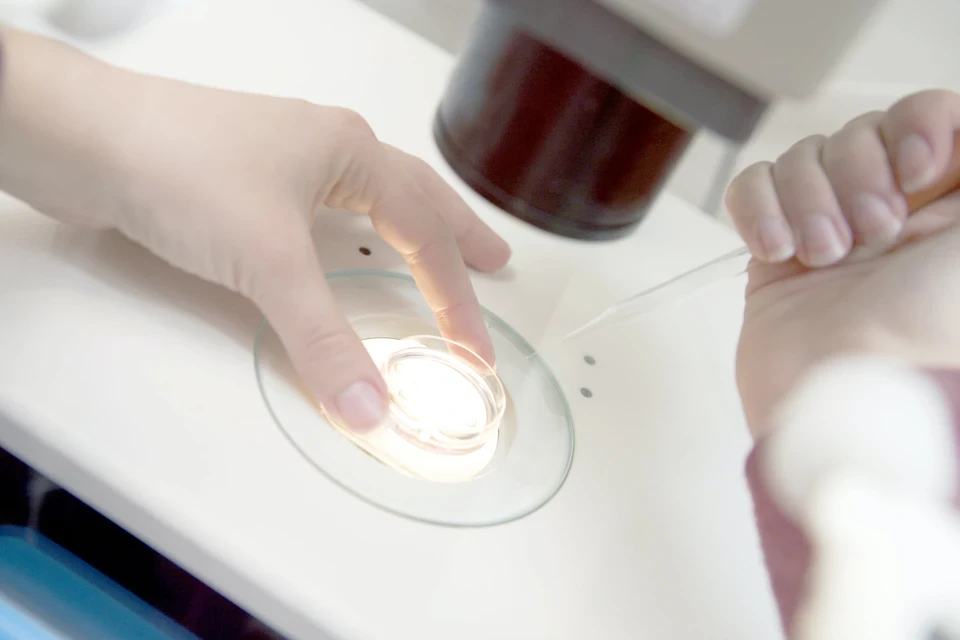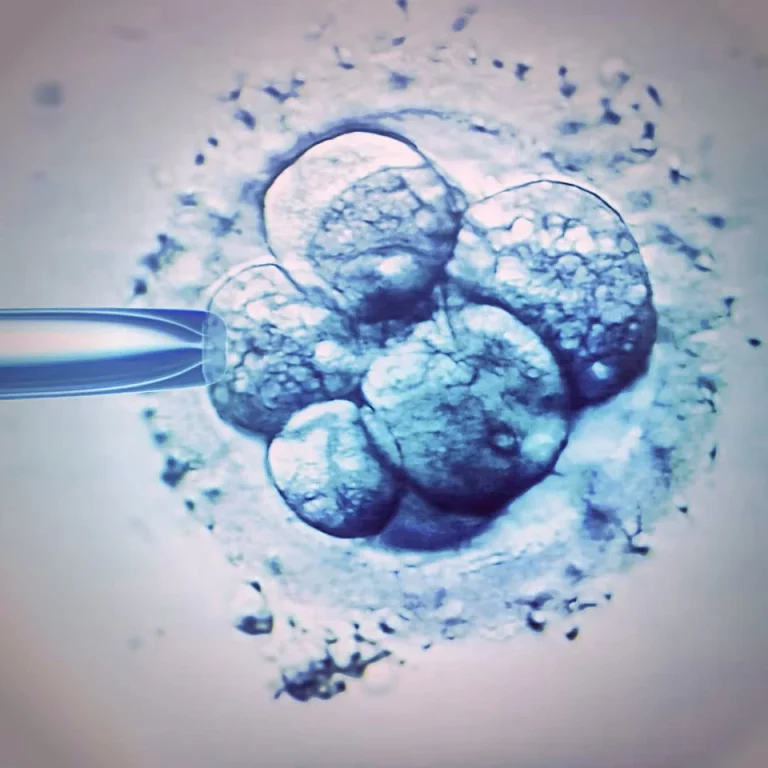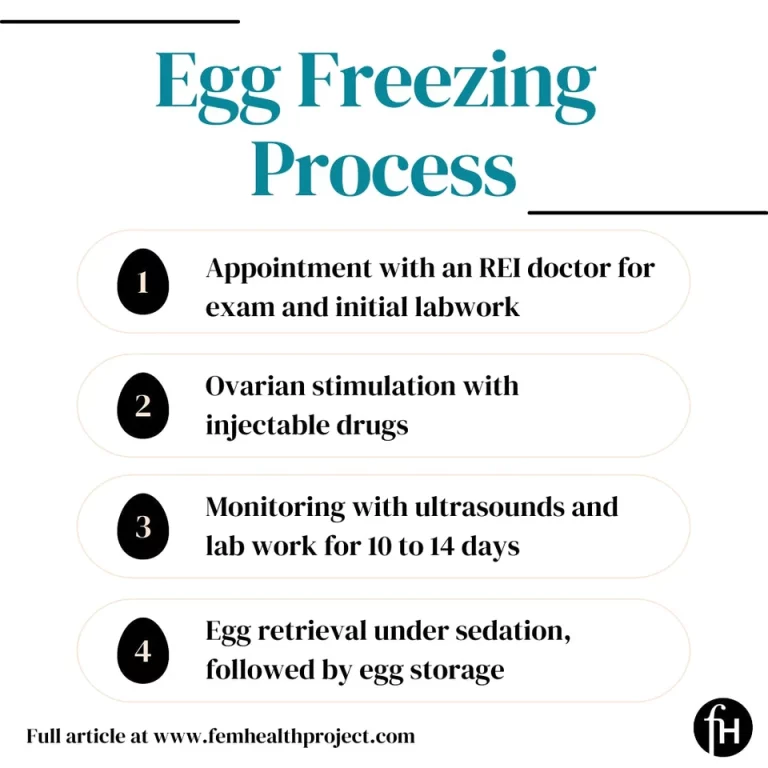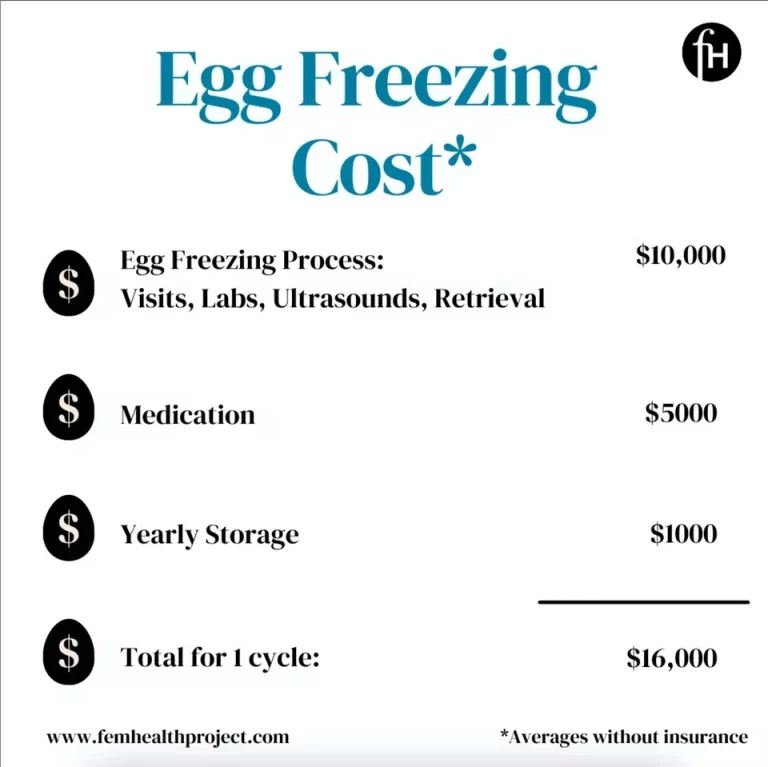What Is Egg Freezing?
Freezing eggs is a decision that some women may want to explore based on their lifestyle or health. There are many questions that surround the process of egg freezing and it can leave many feeling overwhelmed.
Today we answer the most common questions asked and we also go into detail on how the procedure is completed. If you or someone you know is interested in freezing eggs for future use, then read ahead.
Why Should I Freeze My Eggs?
Freezing your eggs can be done for a number of reasons ranging from wanting to get pregnant later in life to having certain medical conditions. Egg freezing doesn’t require sperm, unlike embryo cryopreservation. However, it will require you to take fertility drugs to start the ovulation process so that your body will produce multiple eggs. Those that might want to consider egg freezing are:
- You want to preserve your younger eggs for future use – Freezing eggs while you are younger to save until you are ready to get pregnant is a common option since it has higher success rates for you to get pregnant with younger eggs.
- You have an illness or circumstance that can affect your fertility – These conditions can include lupus or other autoimmune diseases, sickle cell anemia, or being transgender.
- You are starting invitro fertilization – Some women that start in-vitro fertilization or IVF consider egg freezing over choosing to embryo freeze for ethical reasons or religious beliefs.
- You need treatment for an illness, or an illness can affect your fertility – Some medical treatments can affect your ability to get pregnant like chemotherapy or radiation. Freezing your eggs might be able to help you have biological children later on in life.
- Those that freeze their eggs who don’t have a partner or would prefer to use their partner’s sperm, can use their frozen eggs later and turn it into an embryo. This embryo can even be implanted in the uterus of a surrogate if you can’t carry the child yourself. Women that want to freeze their eggs can do so at various ages, but it’s recommended to do so before the age of 38 and the best time is in their 20s or early 30s.
- It should also be noted that there’s no guarantee that you will be able to have a baby with frozen eggs and success rates of egg freezing range from about 30% to around 60% depending on your egg’s age that you froze them and how old you currently are can have a factor if you are over 38. Keep in mind that freezing your eggs will not increase fertility.
How Should I Prepare For Egg Freezing?
Egg freezing is not something you want to take lightly. The first step you want to do is find a fertility clinic that has experts in this matter. These experts are commonly referred to as a reproductive endocrinologist. Each clinic you look into should list their data of live births, pregnancies, and some will even include the ages of the women they treat. This information can be found on a clinic’s website, an in-person consultation, and the Society for Assisted Reproductive Technology has more information on the data surrounding US fertility clinics.
Before you begin the freezing process, you will have to undergo various testing.
These tests include:
- Ovarian Reserve Testing – This test determines how many eggs you have and the quality of them. The doctor will test for the concentration of follicle-stimulating hormone and estradiol that presents in your blood on the 3rd day of your menstrual cycle. The results of this test will give an indication of how well your ovaries will respond to fertility treatment. More blood tests and ultrasounds might be ordered to get a clearer picture of how your ovaries are functioning.
- Infectious Disease Test – Blood tests for diseases like HIV, Hepatitis, and other infectious diseases will be screened for. After the initial tests are completed and you are cleared to continue, the full egg freezing process will begin.
What Is The Egg Freezing Process?
There are 3 steps to completing the egg freezing process. The first is ovarian stimulation, the second is the egg retrieval, and the third is freezing.
- Ovarian Stimulation – In order to produce lots of eggs for retrieval, you’ll have to take synthetic hormones. Some of these medications are injections of follitropin alfa or beta or menotropins. These are similar drugs that increase fertility for IVF patients. You may even be prescribed another injection of gonadotropin-releasing hormone agonist or a gonadotropin-releasing hormone antagonist. These prevent premature ovulation. During the injection period, you will be monitored closely by a doctor to measure how you’re reacting to the medications. Your estrogen levels will be increased during this time and your progesterone levels will be lower until you ovulate. You may receive vaginal ultrasounds to see how the development of where the eggs mature is going. This stimulation process generally takes about 10 to 14 days and you may be also given another injection of human chorionic gonadotropin to help the eggs mature.
- Egg Retrieval – This procedure is done while under sedation by using a transvaginal ultrasound aspiration. Your follicles are located and a needle is guided to the follicle and a suction device, that’s attached to the needle, is used to remove the egg from the follicle. It’s common for about 15 eggs to be removed and studies show that multiple eggs retrieved better the chances for a live birth. This process can have side effects like cramping and pressure due to the enlarged ovaries. Side effects usually dissipate in a few weeks.
- Freezing Process – Once the mature eggs are determined, freezing is done by vitrification and stored in subzero temperatures.
Related: Egg Freezing Cost
What Are the Risk Factors Of Egg Freezing?
Egg freezing doesn’t happen without any risks. There can be complications due to the procedure or fertility drugs. Some of these risks include:
- Procedure complications – This can lead to infections of the bowel, damages to the bowel, bladder, or a blood vessel, bleeding. Some serious side effects are high fever, difficulty urinating, weight gain of 2lbs or more in 24hrs, and heavy vaginal bleeding.
- Fertility drug complications – This can be swelling or painful ovaries, abdominal pain, bloating, nausea, diarrhea, vomiting.
- Emotional – Since there isn’t a guarantee for a baby with egg freezing, an unsuccessful pregnancy in the future can cause emotional issues.
Does Insurance Cover Egg Freezing?
This will depend on your insurance company. Some will pay for medication but not the procedure or the testing. Others will pay for testing only. Overall, egg freezing isn’t covered by most insurances, but some will cover partial or full coverage if you suffer from a special circumstance such as cancer or early menopause.
Those that don’t have insurance that covers this procedure or any insurance at all may find a fertility clinic that can help finance you, you can fundraise money, look into getting personal loans, or even some government and state grants can be applied for.
What Is the Cost of Egg Freezing?
The cost of egg freezing varies depending on a few factors. One factor is the clinic you choose. Each one charges their own prices for the services they offer, usually between $7,000 and $12,000 and that cost includes the medication, procedure, and testing. There is also variation of cost depending on which city you are freezing your eggs in.
The storage fees will vary based on the clinic as well, but many charges somewhere between $500 to $1,000 a year. There is also no time limit on when you have to unfreeze your eggs, but keep in mind that if you intend to get pregnant, many clinics have cut off ages unless you plan to use a surrogate. It’s best to check with the clinic on their policies first.
Another factor is how many rounds you may need to undergo. As you age, your body will naturally make fewer eggs so while someone in their early 20s or 30s may need 1 cycle, mid-30s and late 30s may need 2 or 3 cycles to get the necessary amount of eggs needed for freezing. This also can be affected by your egg quality as well. If you have poorer egg quality, you may need to do several cycles. Unfreezing your eggs when you feel it’s time to try for pregnancy can cost around $5,000 to $7,000.
We discuss products we think are useful to people. If you buy something through our links, we may earn a commission. Remember to check with your personal physician to see if a product recommended is right for you.








